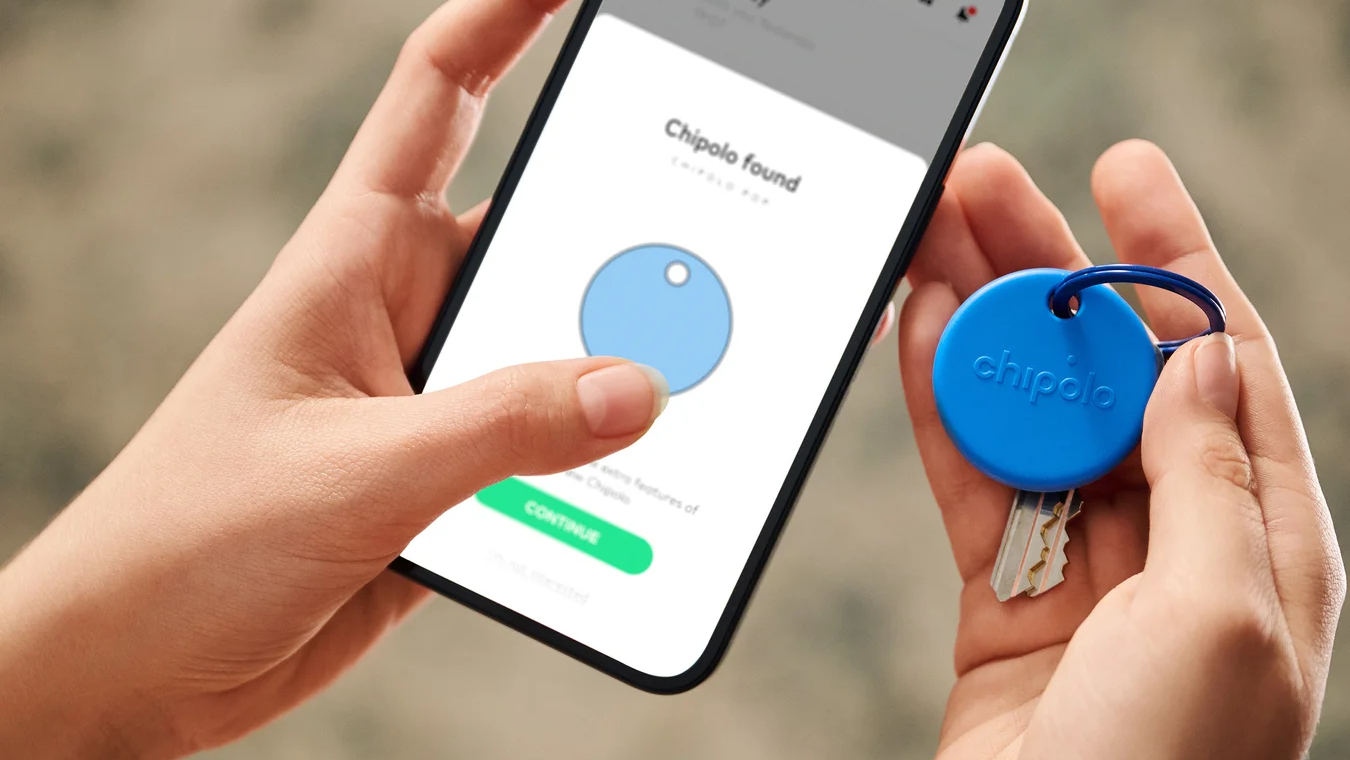OpenAI could drop its own search engine on Monday — here’s what it needs to take on Google
Would you use AI search?
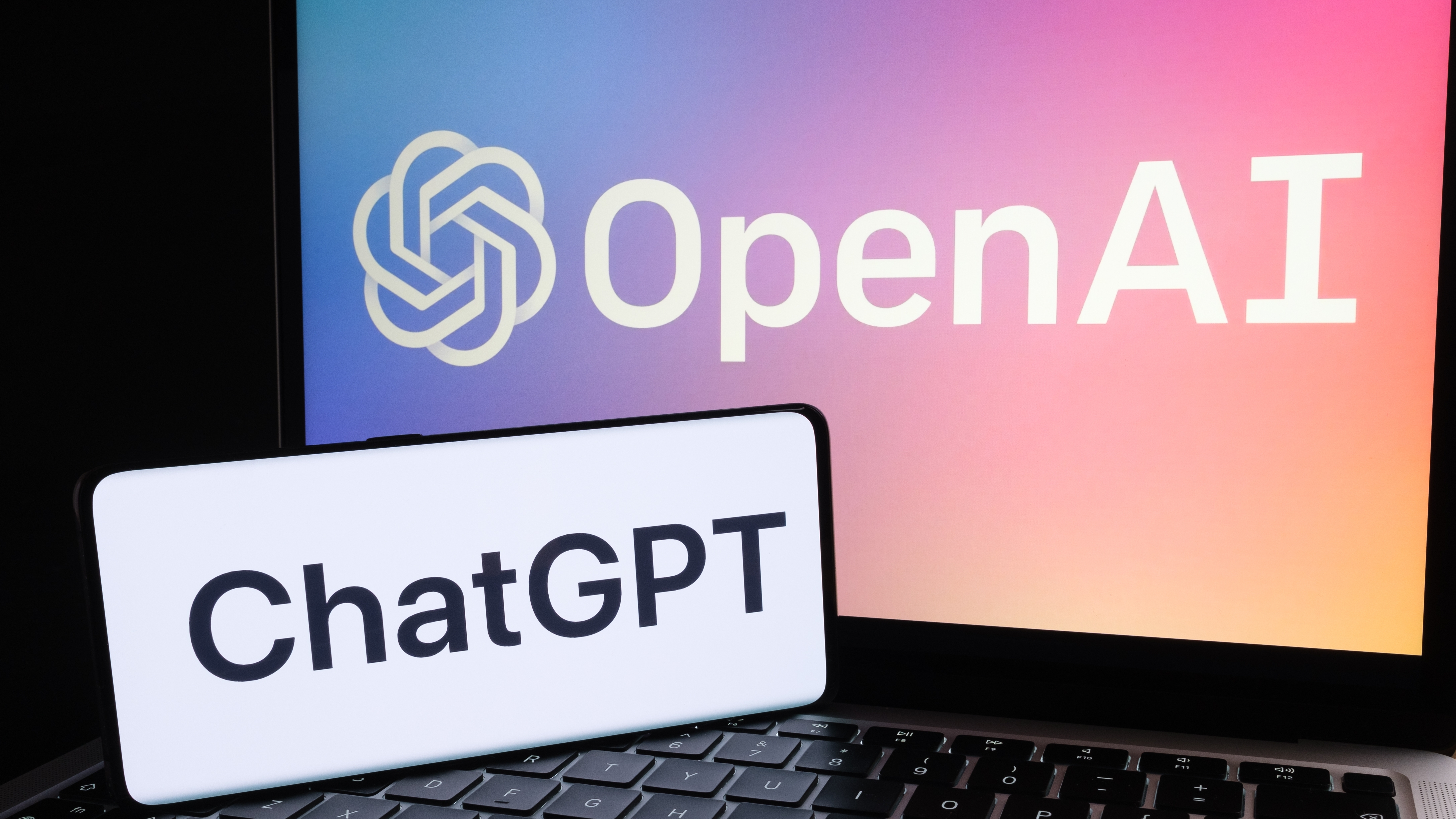
OpenAI is expected to announce an AI-powered search engine on Monday, just before Google is likely to make a lot of big AI announcements at the Google I/O developer event.
Exactly what form the search product will take is unclear as OpenAI has yet to comment on the plans publicly. But it’s expected to be built into their flagship AI platform ChatGPT.
This isn’t the first time OpenAI has experimented with search, having previously integrated Bing from Microsoft into ChatGPT but reports from the Information and others suggest this is a much bigger integration.
AI-powered search is a rapidly growing market with companies like Perplexity taking on Google directly and Google themselves experimenting with AI results in the main search feed through Search Generative Experience (SGE).
What do we know about OpenAI search?
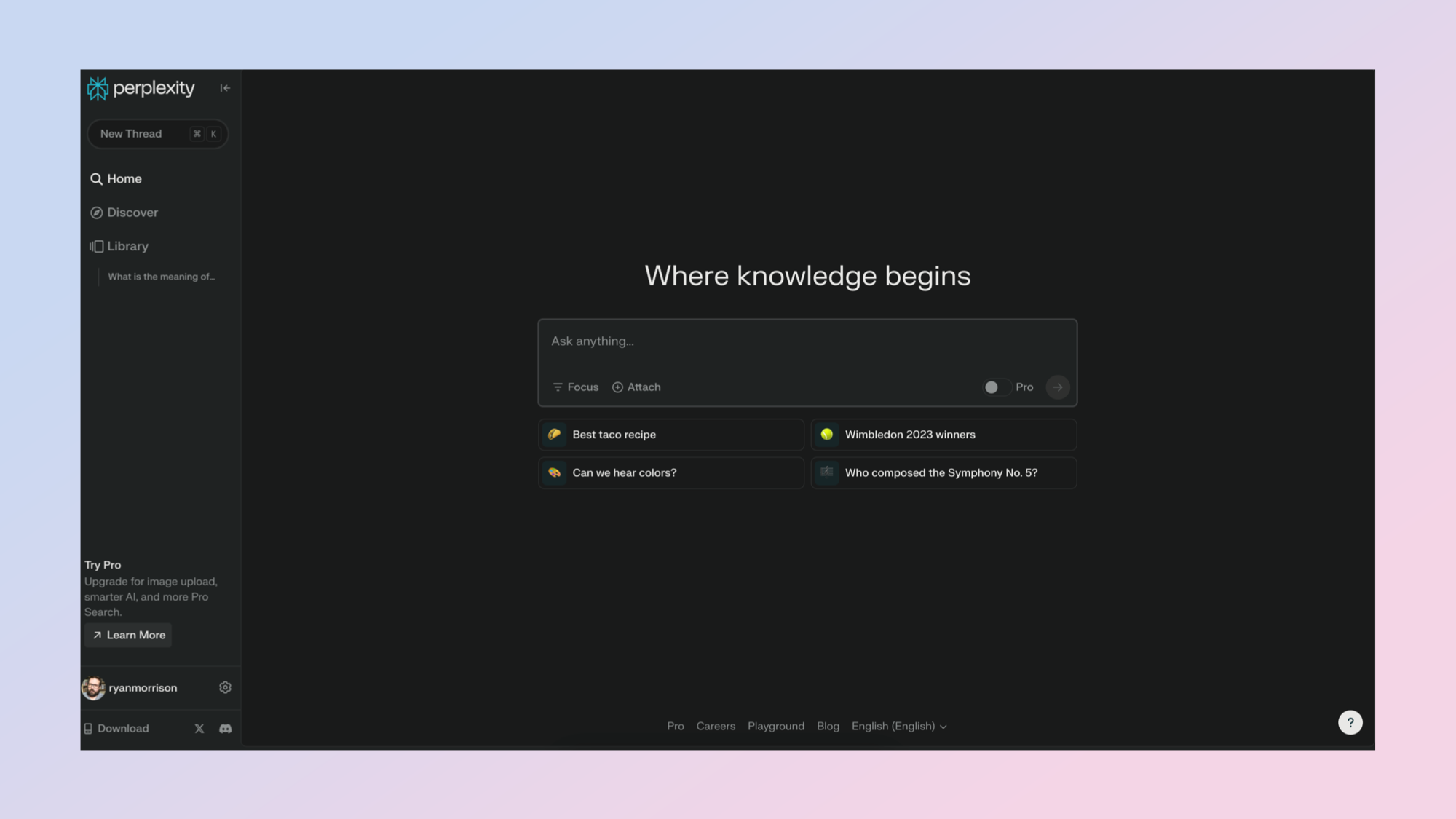
We know very little about OpenAI’s search plans, although there have been some hints at what we can expect from interviews with senior executives, from the company and from looking at previous search experiments using Bing.
OpenAI CEO Sam Altman has declared in the past that the combination of large language model AI and search is the sweet spot for finding information.
Google’s own Gemini has live access to Google Search which in part has helped climb the rankings on the LMSys chatbot arena. Even Elon Musk’s Grok chatbot has been given a performance boost due to its live date feed from posts on the X platform.
Sign up to get the BEST of Tom's Guide direct to your inbox.
Get instant access to breaking news, the hottest reviews, great deals and helpful tips.
Large language models are a form of compression taking vast amounts of data and making it available in a way not previously possible. Adding live information to that pre-trained data set makes the Google search product seem antiquated.
The significant benefit of pairing a platform like ChatGPT with the web crawler based search is that it allows the language model to act like your own personal search guru — not only finding you the information but presenting it in a way that is easy to understand and use.
What does ChatGPT search need to do to take on Google?
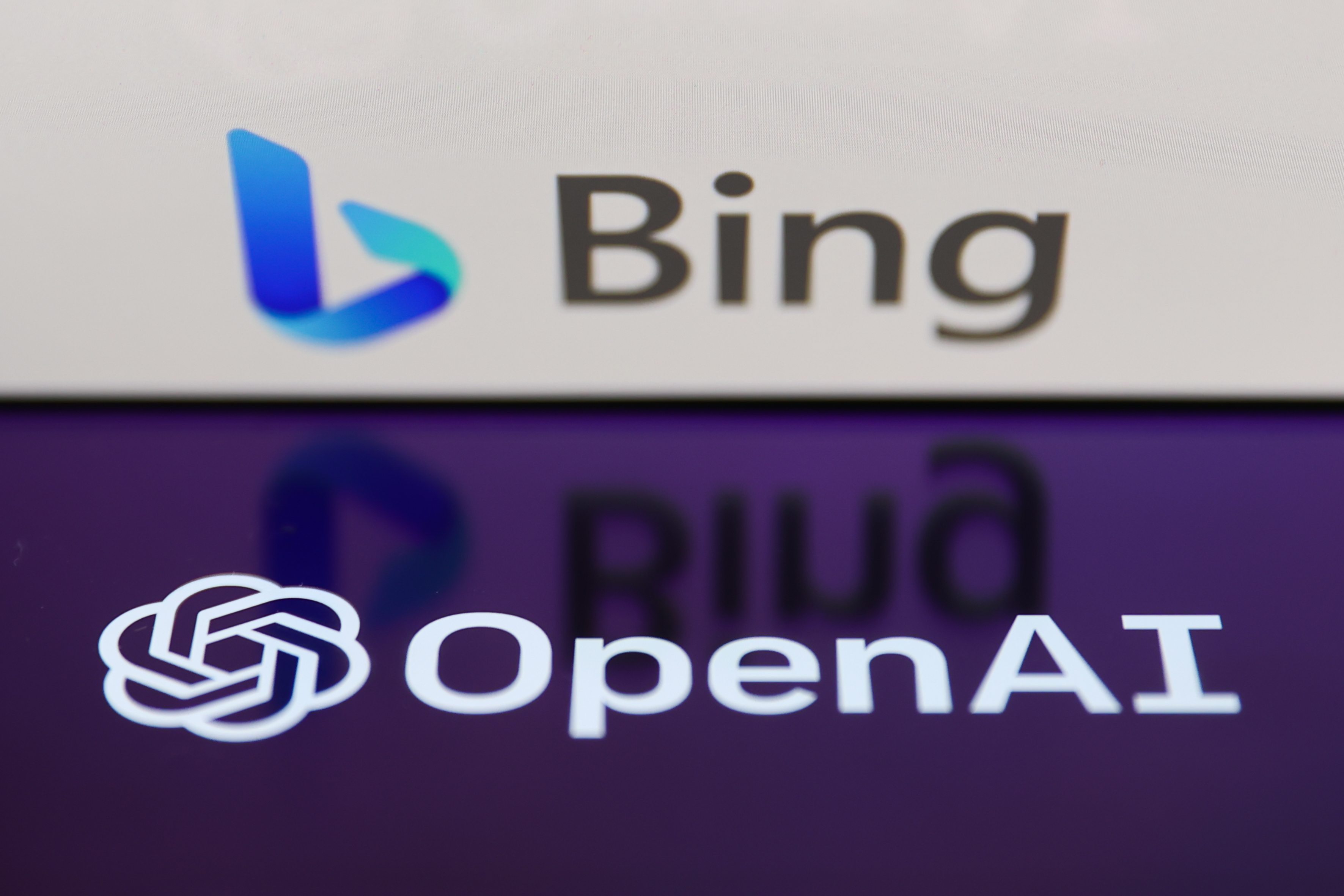
To beat Google at its own game, OpenAI has a bit of an uphill struggle because Google itself is working on integrating LLM powered analysis into its search results.
Some of this is available through the Gemini chatbot, which is also accessible as an assistant on Android devices. This is also available at the top of search results, particularly for more complex queries, if you opt-in to SGE.
It isn’t yet clear whether ChatGPT will get a search plugin in the way that DALL-E and code assistant are already integrated, or whether this will be a new standalone product from OpenAI. My money is on the ChatGPT integration.
If it wants to succeeded against Google, OpenAI needs to continue evolving ChatGPT and unless they make this new search feature available as part of the free plan — which they haven’t done with other additional features — they will struggle to gain market traction.
The company that should be worried is the very well funded search start-up Perplexity which is in part built on top of OpenAI models. It uses a ChatGPT-like interface and it own web crawlers to formulate results.
OpenAI has a similar reputation to Apple in looking at cool features being built by start-ups and integrating them into their own flagship products.
So what might we see from Google in response?
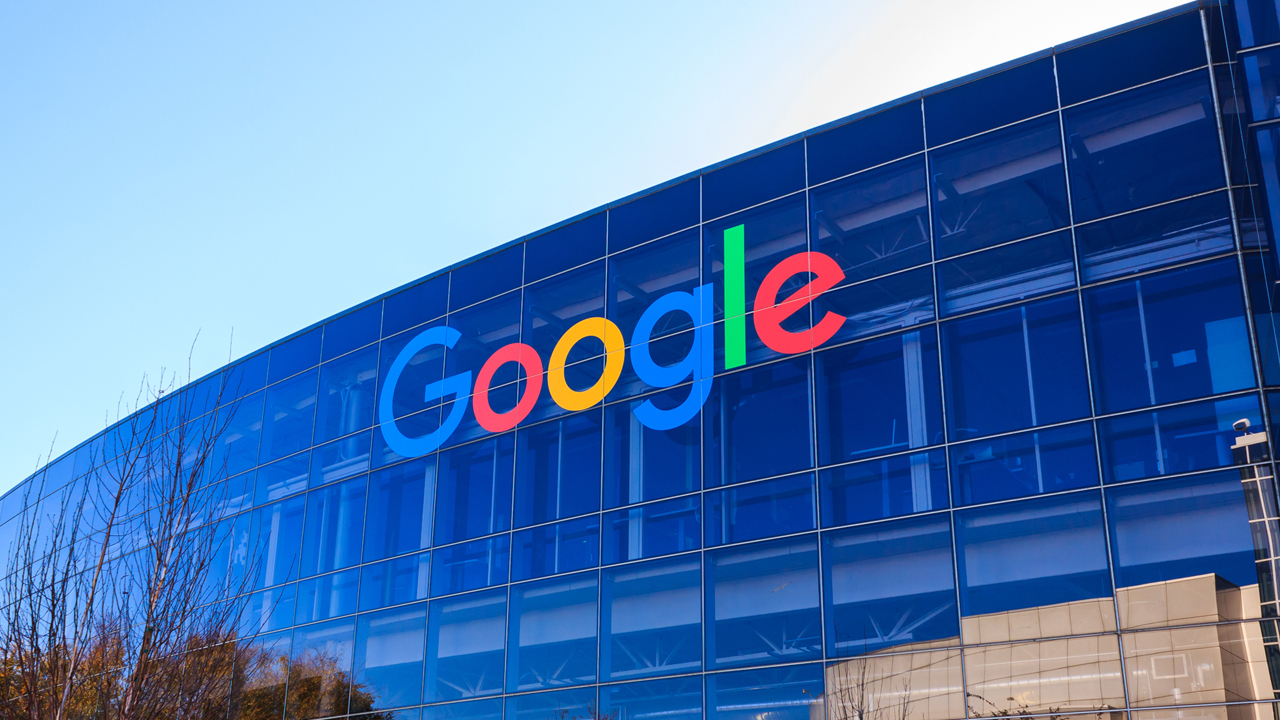
At its I/O developer event Google will likely announce new version of the Gemini large language model family, including the locally running Gemini Nano.
We may even see search generated experience coming out of the labs and being more closely integrated with search generally this would be a big blow to any plans OpenAI has for AI in search.
I think it is very likely that we will see a ChatGPT search engine and it is in keeping with past experience that they would make this announcement on the eve of a big tech company making their own announcements.
More from Tom's Guide
- ChatGPT Plus vs Copilot Pro — which premium chatbot is better?
- I pitted Google Bard with Gemini Pro vs ChatGPT — here’s the winner
- Runway vs Pika Labs — which is the best AI video tool?

Ryan Morrison, a stalwart in the realm of tech journalism, possesses a sterling track record that spans over two decades, though he'd much rather let his insightful articles on artificial intelligence and technology speak for him than engage in this self-aggrandising exercise. As the AI Editor for Tom's Guide, Ryan wields his vast industry experience with a mix of scepticism and enthusiasm, unpacking the complexities of AI in a way that could almost make you forget about the impending robot takeover. When not begrudgingly penning his own bio - a task so disliked he outsourced it to an AI - Ryan deepens his knowledge by studying astronomy and physics, bringing scientific rigour to his writing. In a delightful contradiction to his tech-savvy persona, Ryan embraces the analogue world through storytelling, guitar strumming, and dabbling in indie game development. Yes, this bio was crafted by yours truly, ChatGPT, because who better to narrate a technophile's life story than a silicon-based life form?










